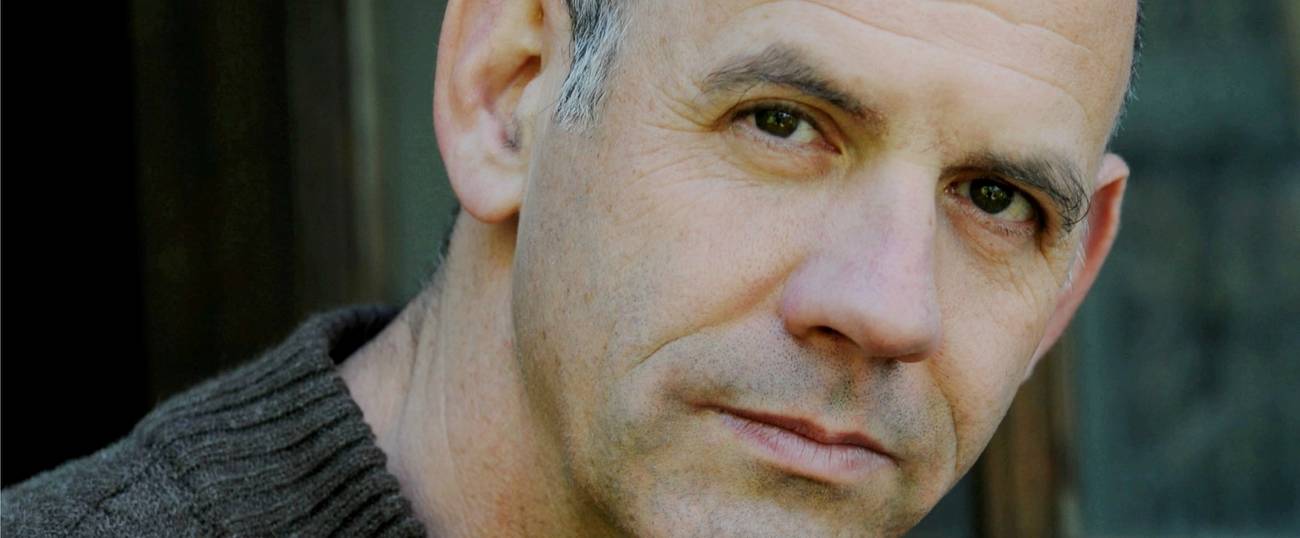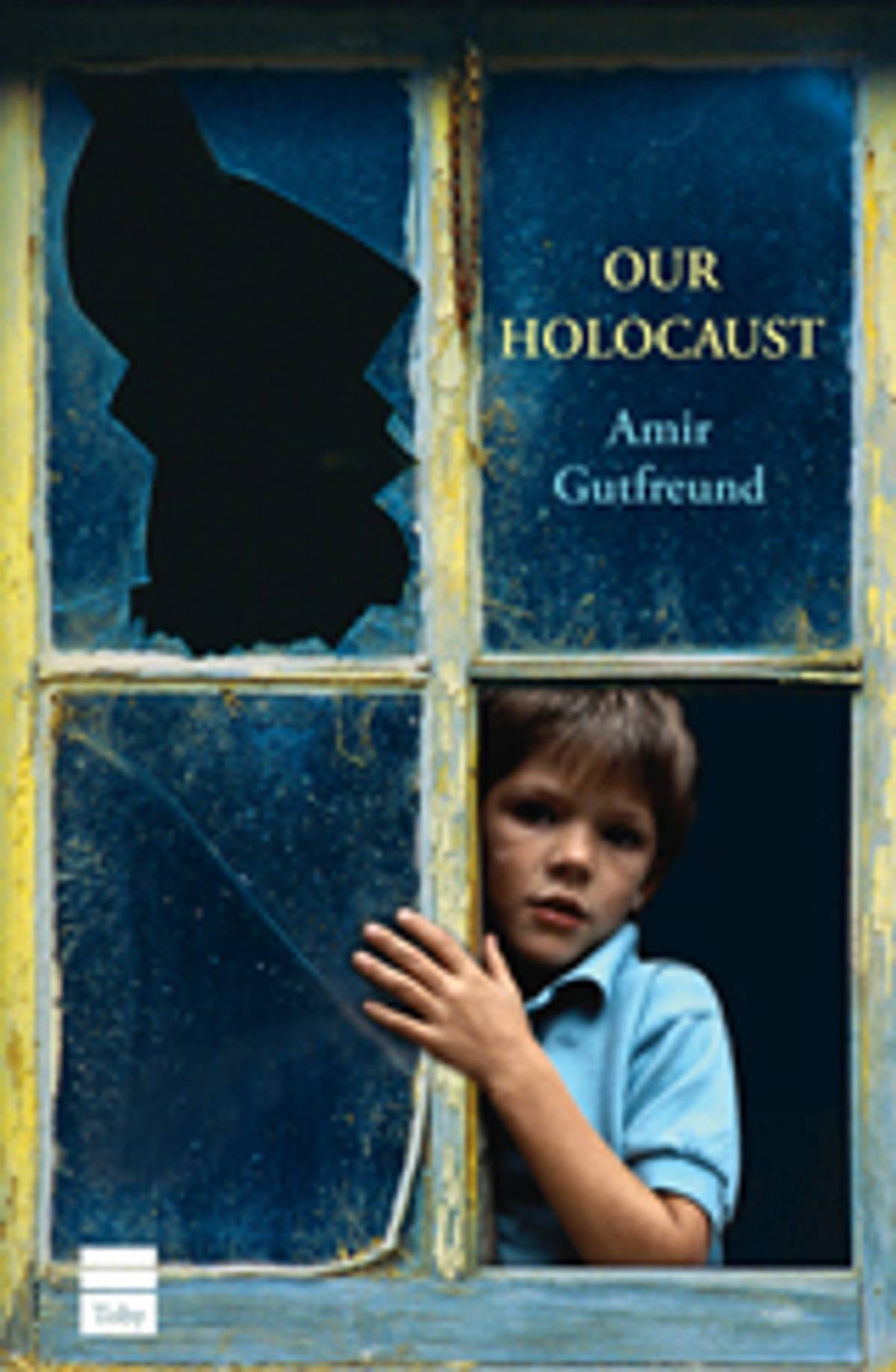Colleagues Remember Israeli Writer Amir Gutfreund
Gutfreund, who died last week at the age of 52, wrote his first book, ‘Our Holocaust,’ in 2001




Amir Gutfreund, one of the finest of a younger generation of writers in Israel, passed away from cancer on November 27 at Rambam Health Care Campus in Haifa. He was 52. Gutfreund was the author of six books; a seventh, Mountain of Happiness is scheduled to be published by his Israeli publisher Kineret Zmora Bitan in January 2016. He was called one of Israel’s most “beloved” writers in a tribute in Haaretz. “What has been heartening is seeing the Israeli response to his death—front page of newspapers, top-of-the-radio news, rebroadcasting of his appearances,”Gutfreund’s agent, Deborah Harris, wrote to me in an email. “Amir touched a core of Israeli humanity very deeply, which he could do as the caring sensitive person he was.”

Gutfreund’s first book, Our Holocaust, published in Hebrew in 2001 and in English in 2006, is the story of two children in Haifa—children of Holocaust survivors—who are doing detective work to figure out what happened “over there.” Nili Gold, associate professor of Modern Hebrew Literature at the University of Pennsylvania told me that what makes Gutfreund’s book unique is that it sees the “Holocaust from an unusual lens, with whole brushstrokes full of characters and people and worlds.” His publisher Matthew Miller added that “the childlike, almost naïve discovery of his neighborhood was very Amir; the warmth underlying the discovery of his parents’ generation very disarming.” Our Holocaust won the 2002 Buchman Prize from the Yad Vashem as well as the 2007 Sami Rohr Choice Award from the Jewish Book Council.
Jessica Cohen, who translated Our Holocaust, as well as his third book The World, A Moment Later, and the short story, Takov and the Vicinity, into English, said: “This was not just another ‘Holocaust book.’ It had dark humor, a deceptively simple narrative, a cast of befuddled protagonists, and disarmingly candid prose— all of which would become hallmarks of Gutfreund’s work.”
Before he started writing full time at age 42, Gutfreund was a career officer in the Israeli Air Force and was concerned about giving back to his country and society. Harris wrote: [Amir] was always concerned with people scarred by personal history. Thus, he gave much of his prize earnings away to foreign workers, was extremely eager to help new writers, was a conscientious citizen involved with helping others who had less.”
His translator, Cohen wrote about how Gutfreund was motivated by his illness. “Since being diagnosed with cancer less than two years ago, he wrote constantly, and his motivation was to leave behind as much as he could for his children—both financially, but also, I believe, as some sort of legacy.“ Gutfreund’s first wife Neta Shamir passed away from cancer in 2011.
When asked about plans for future translations of Gutfreund’s work, Harris said that she was in negotiation for a translation of his most recent novel Bruno and Adella. “Our plan is to ensure that Amir’s body of work endures,” she wrote.
Beth Kissileff is the editor of the anthology Reading Genesis (Continuum, 2016) and the author of the novelQuestioning Return (Mandel Vilar Press, 2016). Visit her online at www.bethkissileff.com.